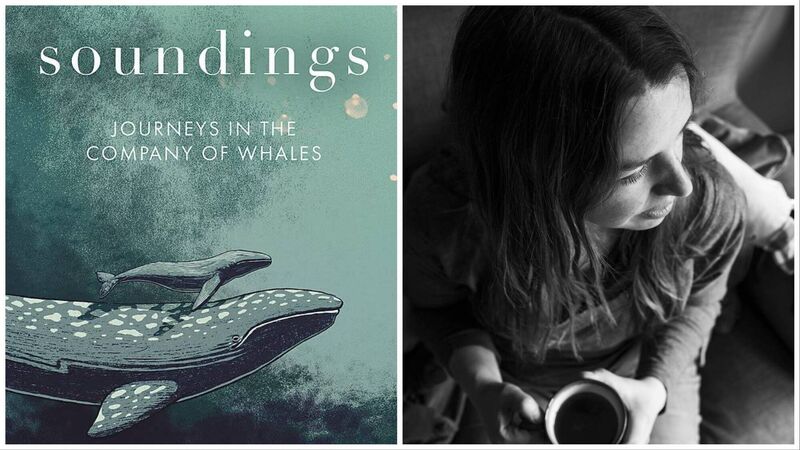Book interview: Soundings is inspired by nature while reckoning with climate crisis

Doreen Cunningham was at one of her lowest points when she decided to embark on what would become a life-changing trip.
- Soundings: Journeys in the Company of Whales by Doreen Cunningham
- Virago, £10.99




